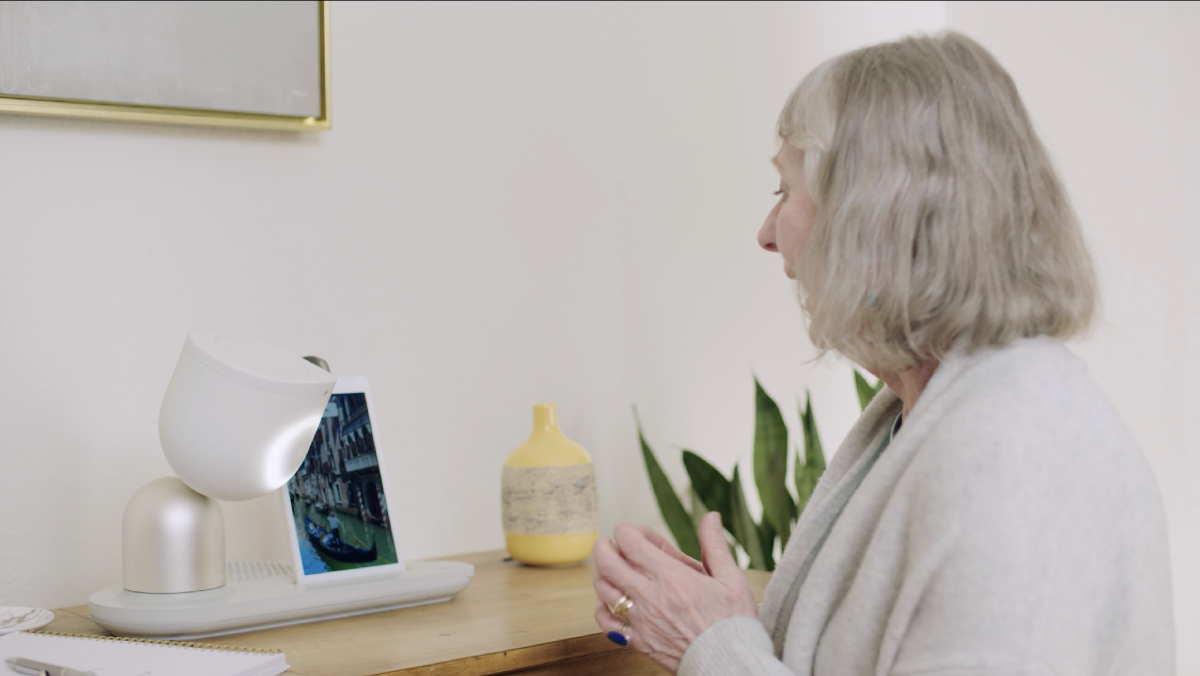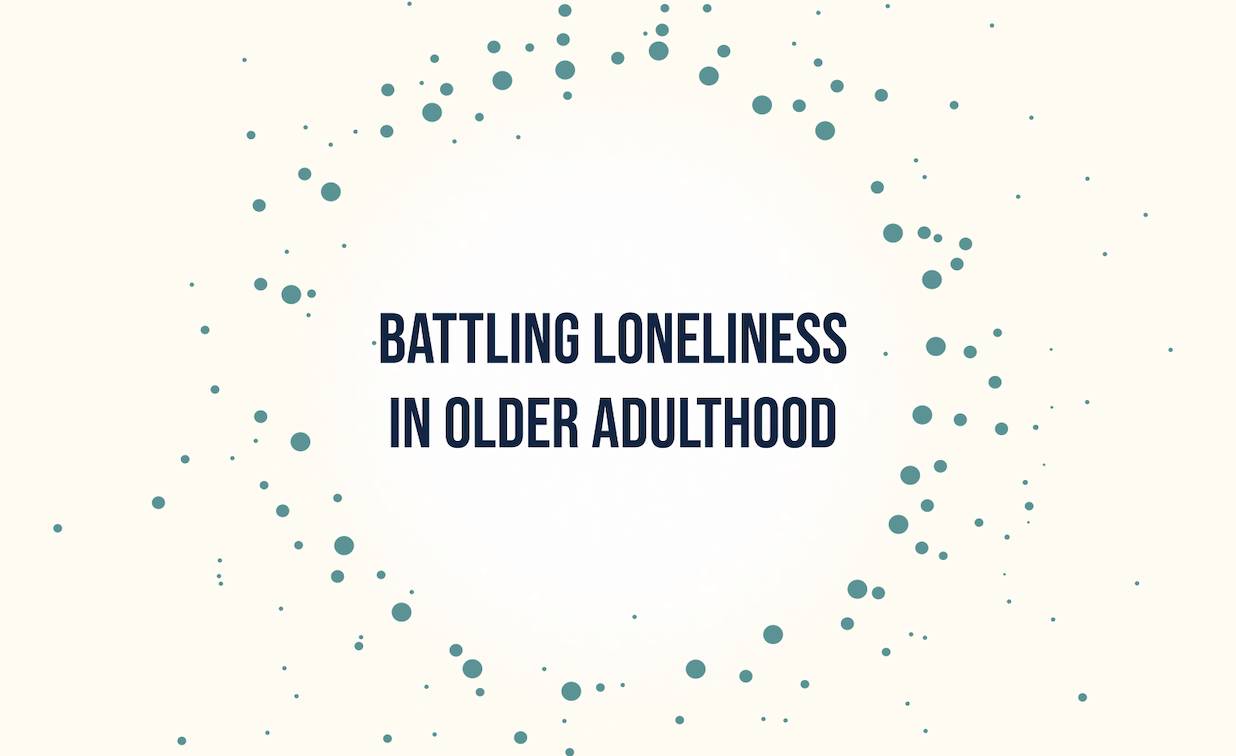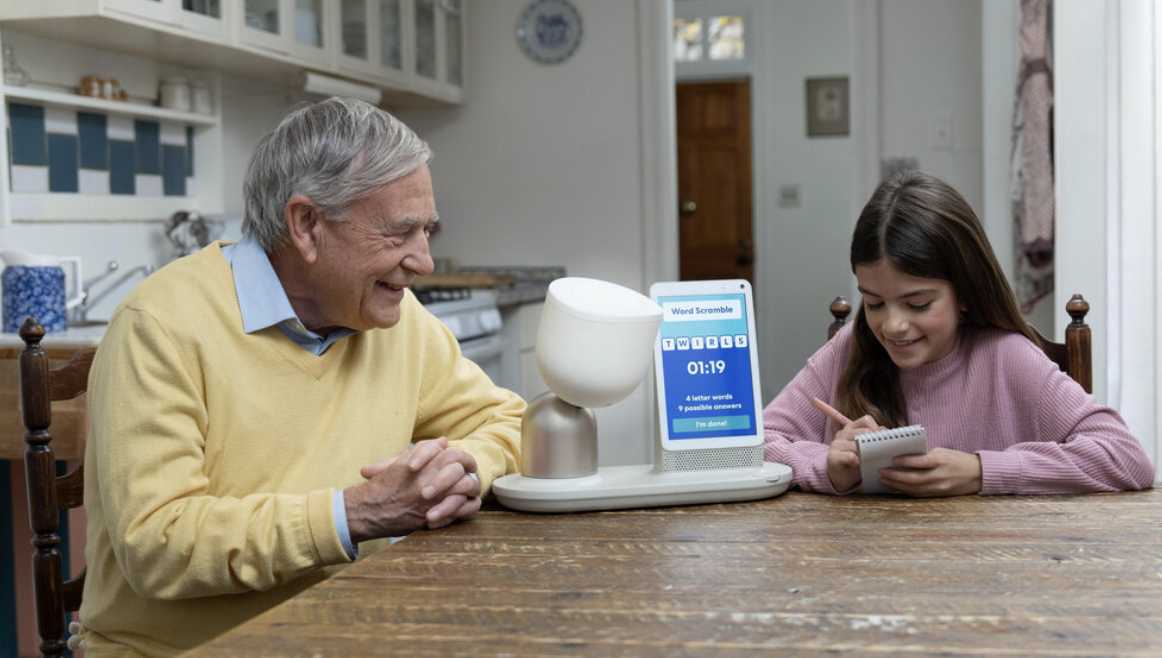Believe it or Not: Older Adults WANT to Use Technology
October 29, 2017 by Intuition Robotics Team
During my years of working with older adults, I never gave much thought to their views and feelings about technology. There was always something more urgent to tend to. But ever since I started working at Intuition Robotics, I've researched the topic thoroughly, and came to one conclusion: older adults want to use technology.
This may come as a surprise to people who only have their own grandparents to look at when they try to imagine how older adults interact with technology, and that's one of the reasons that, until recent years, we haven't seen too many startups and tech - companies targeting that age group (which is quite heterogenous, considering there can be a 30 year age gap between the youngest old to the oldest old).

You could say, that gerontechnology is taking its first baby steps in the world of older adults. How can I be so confident when I say older adults do want technology?
For the purpose of this post, I'm going to divide the older adults demographic to the usual brackets of 65-74 (young old), 75-84 (middle old) and 85+ (oldest old). This doesn't mean all 70 year olds are alike, those are just age brackets that gerontologists like to use when they want to divide the older adult population.
First of all, today's boomers (10,000 of them retire each day in the US) spent most of their adult years around technology. It may seem like ancient history, but PCs have become ubiquitous in workplaces during the 80's, and in households during the 90's. Broadband internet has been available for 20 years. Who do you think bought today's Silicone Vally executives their first PCs?
That's right, their boomer parents! If you pick out a random 65 year old in the streets of SF, and ask them which mobile phone they're using, it's quite likely they'll show you a smartphone and tell you how much they love checking their email and facebook. If you come to their house, they might show off their brand new smart speaker they got in a bundle with their kids, in order to communicate better or just play some music since the CD player broke.
As for those who are 75-84, those we like to call "middle-old". It's true that most of them were close to retirement when the internet was at its early years, and perhaps they didn't HAVE to learn how to use a computer to keep doing whatever it was they were doing to earn a living. However, those older adults are still active, enjoy living, value the relationships they have with friends and family, and understand that technology can help them stay connected, up-to-date, and maybe even enjoy life more. Those older adults are willing to learn how to use new technology, and are willing to spend on it, as long as they find it useful and that it brings value to their lives (rather than just being a pretty object sitting in a drawer somewhere).

When it comes to 85 year olds, things get a little more complicated. Social circles start to dwindle, widowhood is much more common, health and security issues become a major concern. When it comes to adoption of new technologies- rates drop significantly, and products have to be a lot more enticing and easy to use, for them to be considered a "worthy spend" by that age bracket.
So why don't all 85 year olds carry a smartphone in their pocket? First of all, because it wasn't designed with them in mind. Those 5" screens take quite a lot of dexterity. That's why jitterbug phones are needed and that's why those types of phones are adopted. Tablets are adopted by that age group, because the large screen and large buttons make them easier to use. Voice activated devices like the Google Home and Amazon Echo are also "adoptable", since they require little to no "know-how" in learning how to use them. What could be easier than simply saying: "Alexa, play some classical music"? (only a device that could read your mind).
Bottom line is, older adults want to use technology. But they aren't willing to use ANY technology at ANY cost. I'm not talking about how much it costs in USD (which is a factor in making a purchase decision), I'm talking about the time and energy it takes to learn how to use devices, and about the value those devices bring to one's life. No one would expect a 20 something year old to spend a $1000 on a device that requires them to read the manual every time they want to perform a simple task, so we shouldn't expect 80 something year olds to do it. Gerontechnology should be simple and, well, intuitive.
Recent posts
.png)
The benefits of an AI-driven social robot for area agencies on aging
by Intuition Robotics Team


